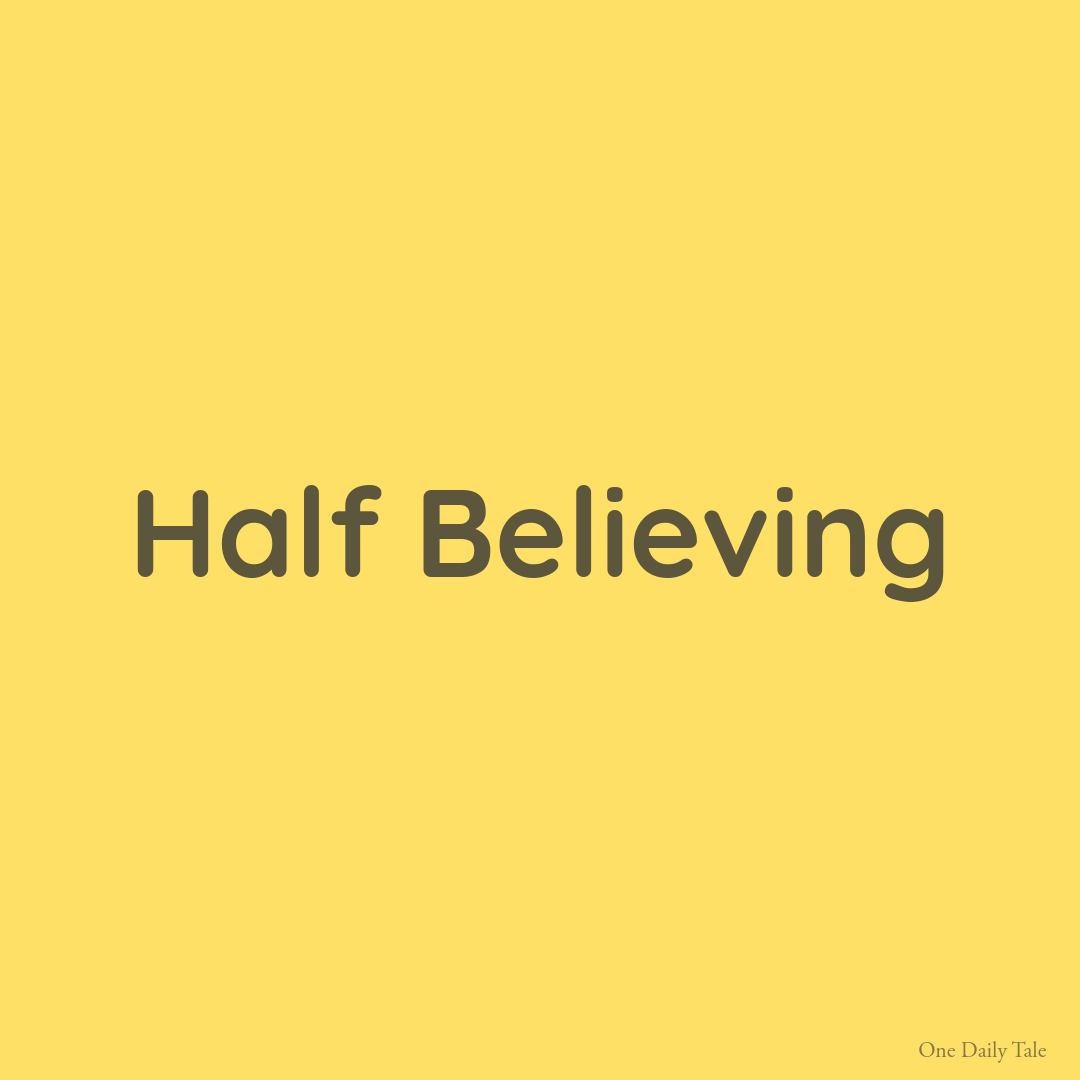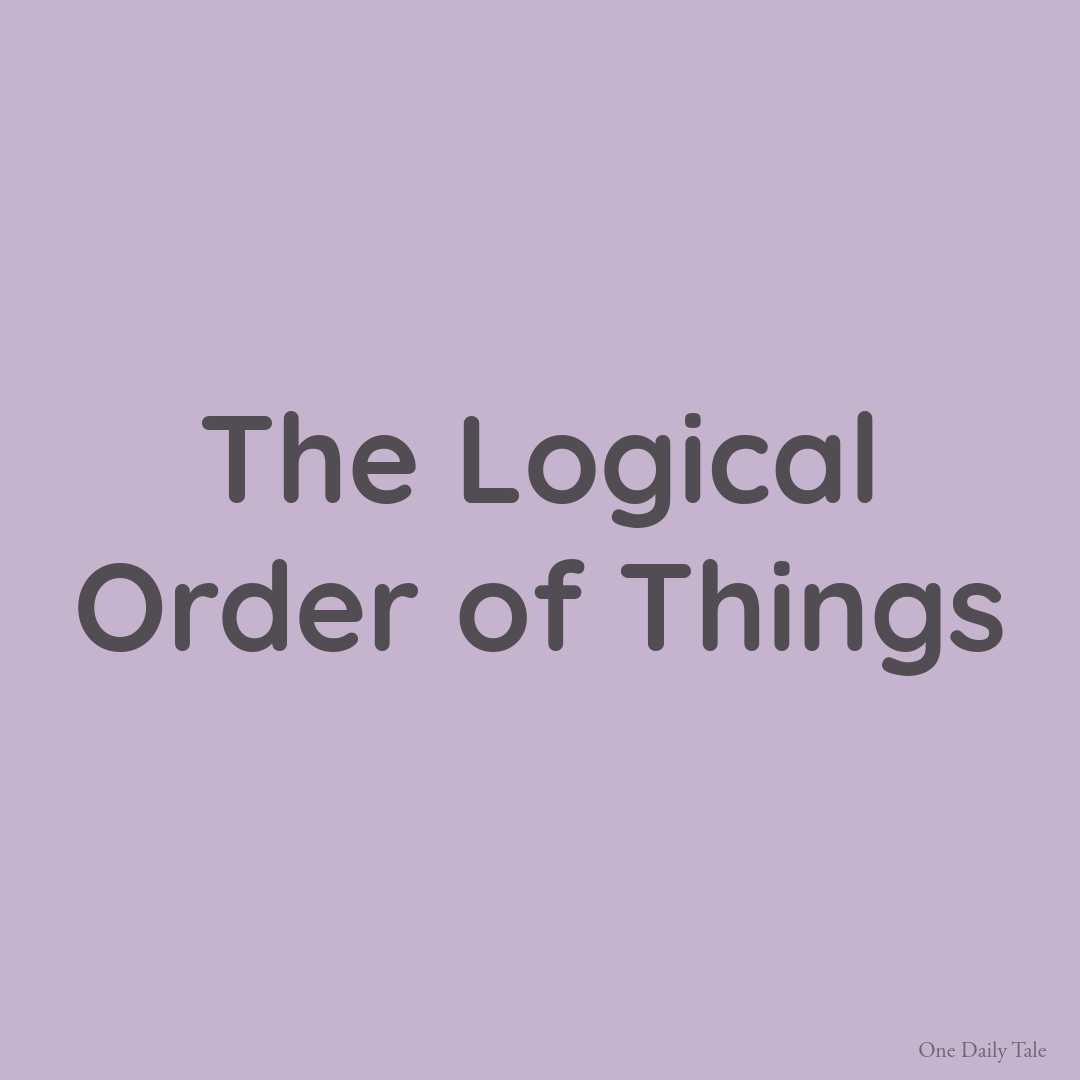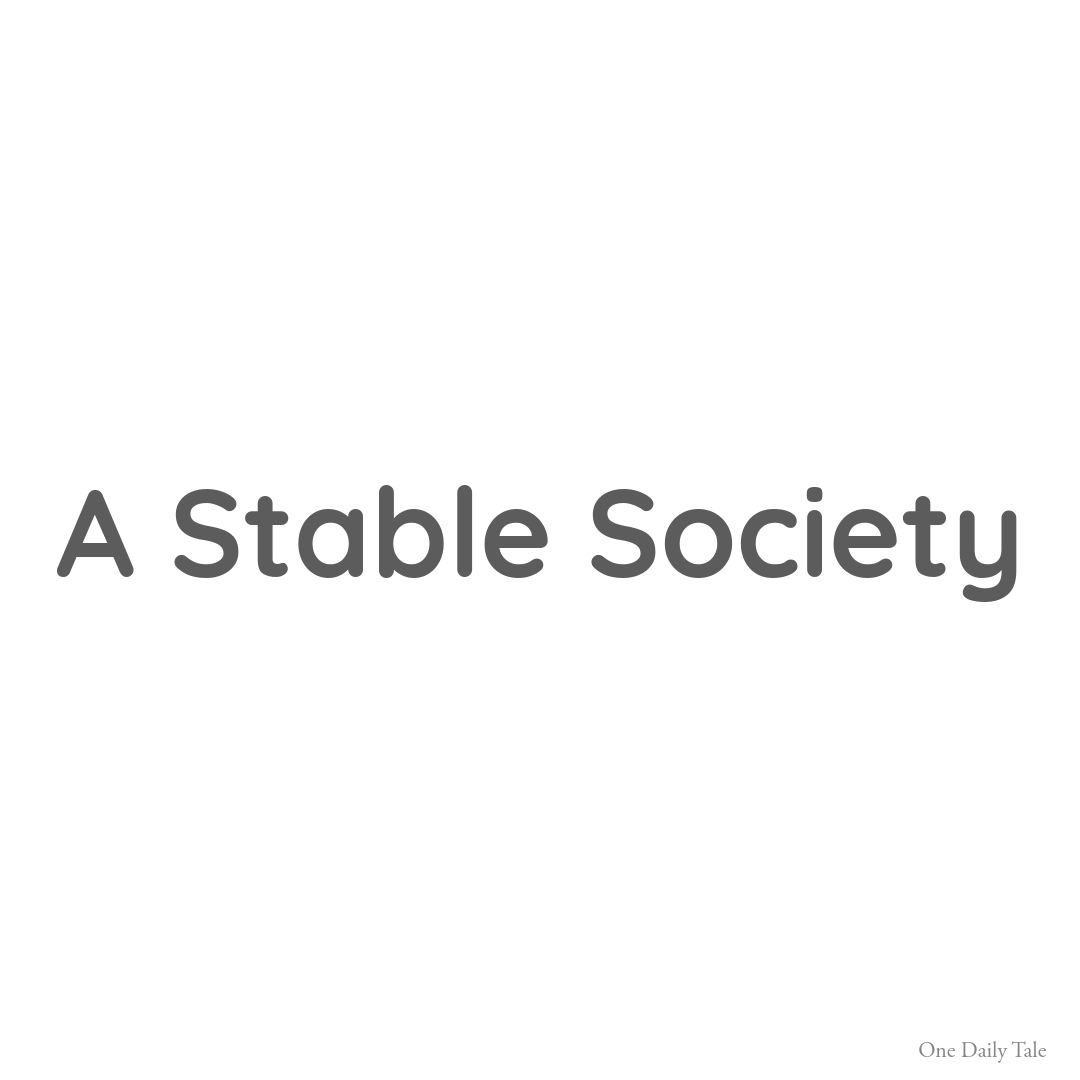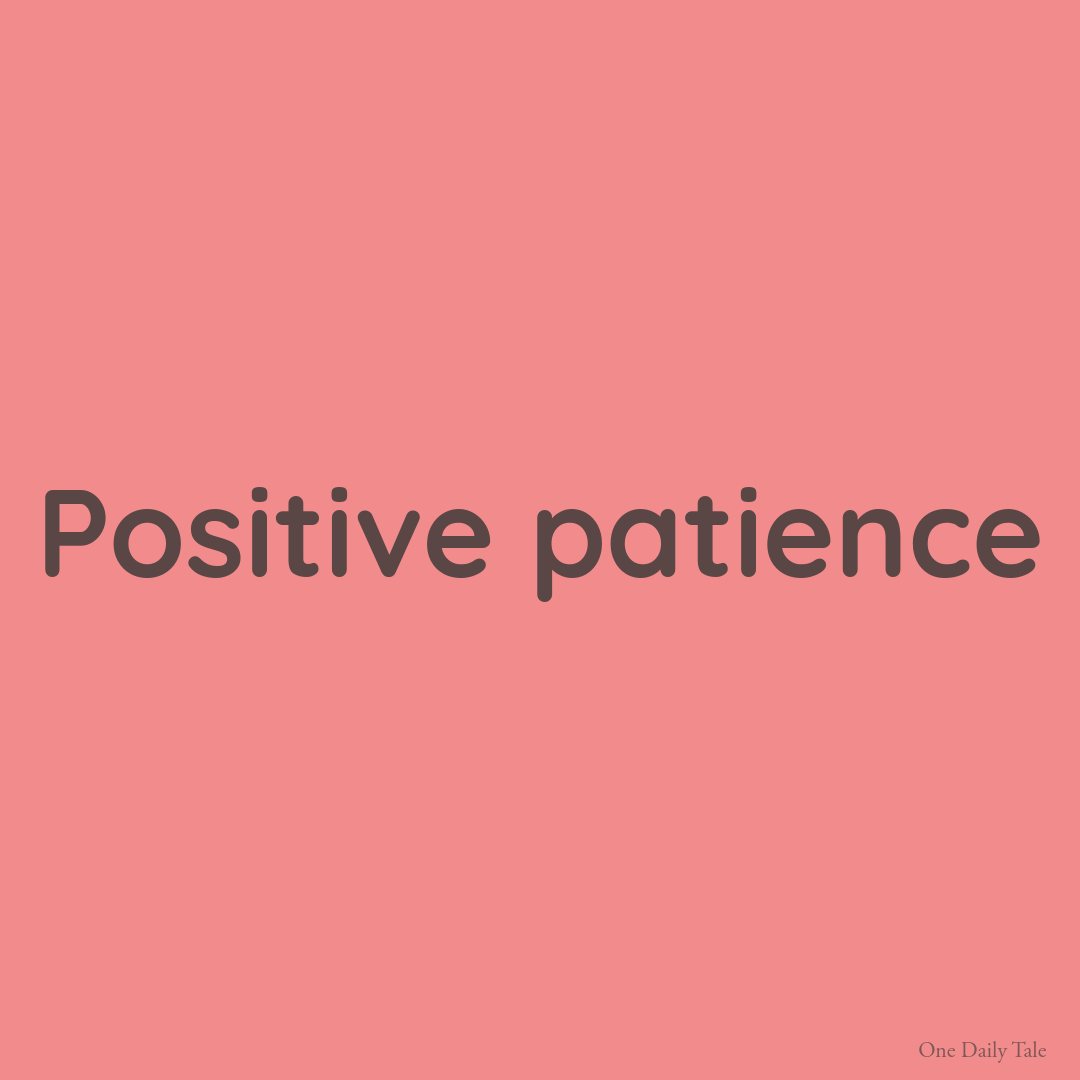The saddest part of all this is the military escalation it triggers, especially in Europe.
Time is running out, unfortunately, and the “natural” and legitimate response to a potential attack is to increase defense spending. So, we pour more money into weapons. And, naturally, we cut budgets in areas deemed “less important.” That will likely be education and healthcare…
For lasting global peace, we need a widespread awakening—an awareness among ordinary people, the general public.
We must stop being passive in the face of statements that only make me want to cry.
The potential invasion is real, so it seems “we have no choice.”
But once we understand that raising public awareness simply requires taking better care of our brains, things will finally start to change.
It’s very simple. But many won’t like it. And the real problem is that, for this to be implemented, those in power would first need to be aware themselves…
The words of Secretary of State Marco Rubio are a perfect example of a lack of awareness—statements from someone obsessed with his country and only his country. And it’s a good representation of the prevailing, unconscious mindset.
Every day, the news makes me want to cry a little more, but I remain convinced that developing critical thinking among the population is the key to real change.
The message is simple and clear: build healthy habits for our brains. Develop critical thinking. For some, this will happen naturally; for others, it will take effort. But over time, it will create a non-violent movement—one that allows people to finally see the world from a perspective beyond their own.
But this takes time. It requires personal effort. It requires breaking free from passivity, taking action—finally.
In France, we are globally known for “speaking our minds.”
Now is the time to do just that—to lead by example, first for ourselves, and then for other nations, some of which do not have the same privileges or means as we do.
We all have the power to create change in our own way. And that simply means doing what is best for ourselves!
Neuroscience and neurobiology now show that we can make our brains more “plastic”—this is neuroplasticity. And it directly influences how we think and reason.
To summarize: A healthy brain increases our chances of becoming more aware. By becoming more aware, we make more conscious choices. And through these choices and actions, we influence those around us—directly or indirectly. Especially children.
As human beings, we have a responsibility. There is no true freedom without a sense of responsibility.
One for all, and all for one.








Leave a Reply
You must be logged in to post a comment.